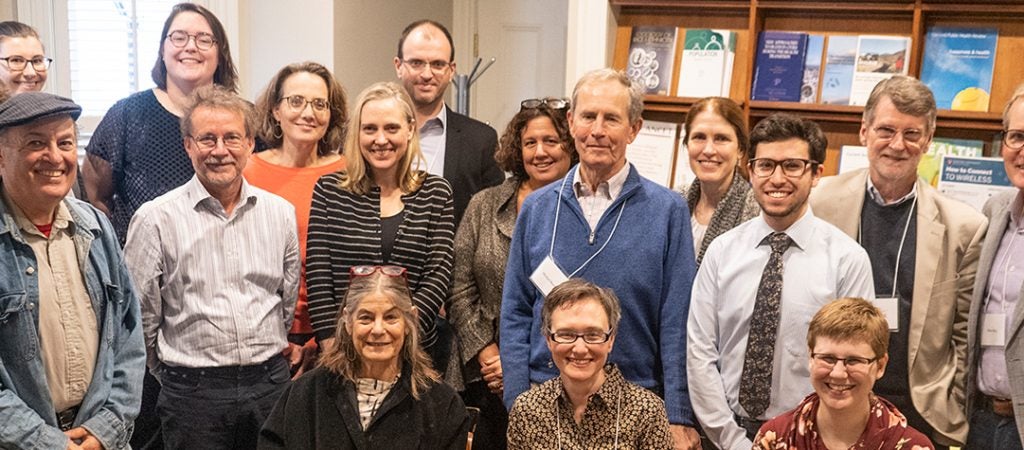In the United States, policymakers have recently embraced the notion that most individuals can (and should) work longer. Rising life expectancy and falling birth rates have resulted in more years of retirement for workers and social systems to bankroll, with relatively fewer people of working age paying into these social insurance systems. Working longer could be an attractive solution to both problems. For individuals, more years of employment should lead to a more financially secure retirement, as well as physical and mental health benefits resulting from continued social engagement. For nations, higher labor force participation rates should benefit the public purse as workers continue to pay taxes and social insurance contributions.
However, what if our assumptions about working longer do not apply to future cohorts as neatly? Society-level changes in health, family, and work could challenge the feasibility of a later retirement for certain sections of the U.S. population. Research on working longer is still in its infancy; we don’t have much insight into how such contexts are changing across cohorts, and how they affect some population subgroups more than others.
The main goal of this project, which is funded by the Alfred P. Sloan Foundation, is to produce a book authored by an interdisciplinary community of researchers that outlines and dissects the challenges posed by an aging workforce in the context of unequal and unstable health, family, racial, socio-economic, and political factors. The edited, multi-chapter volume—titled Overtime: America’s Aging Workforce and the Future of Working Longer—aims to shed light on how changes in health, family, work, politics, and the economy may make it increasingly challenging for substantial sections of the U.S. population—especially racial minorities and lower-income workers—to continue to work into their 60s and beyond. It is the aim of the researchers to disseminate these high-impact findings in order to influence policymakers and public discourse.
Harvard Center for Population and Development Studies’ Director Lisa F. Berkman, PhD, and Research Associate Beth C. Truesdale, PhD, are the volume’s co-editors. Truesdale has spoken at St. Olaf College’s Institute for Freedom and Community and at the annual meeting of the American Association for the Advancement of Science (AAAS) about working longer in an aging society. The book was published by Oxford University Press in the fall of 2022.
